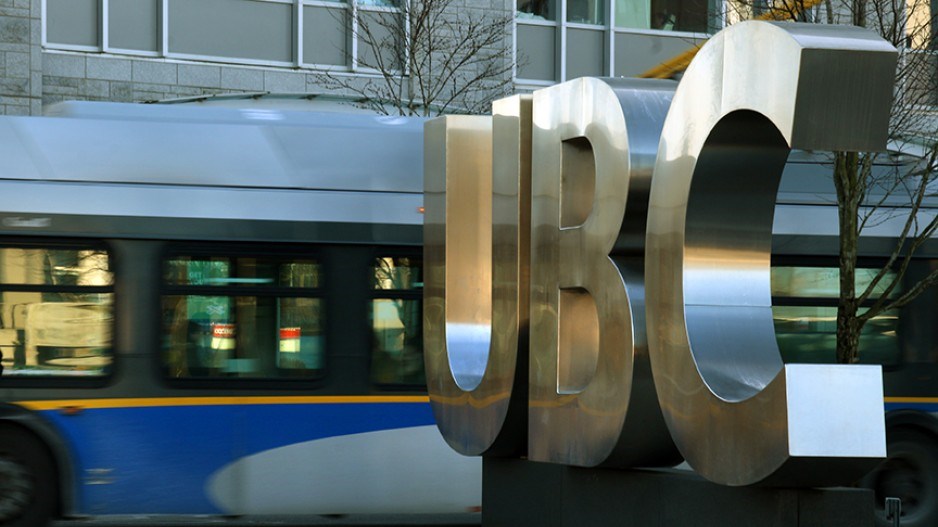What happened: New 5G infrastructure is launching on UBC campus
Why it matters: The technology will be used for research for real-world applications
The University of B.C. and Rogers Communications Inc. (TSX:RCI.B) have launched what they describe as the country’s first 5G-powered smart campus.
With 5G towers now dotting the landscape across UBC’s Point Grey campus, the new infrastructure also features an edge computing-enabled data centre allowing researchers to test 5G technologies.
New research projects set to use the new 5G network include earthquake and tsunami detection technology, digital mining innovations to make mines safer and improve the operations of autonomous trucks, and a 5G Mobility as a Service (MaaS) platform to better connect transit, bike rental, car sharing and other modes of transportation.
Tuesday’s (November 5) official launch comes after UBC and Rogers announced in September 2018 a three-year partnership to build a 5G hub on the university campus.
UBC, meantime, had been facing criticism for its links to Huawei Technologies Co. Ltd. as the federal government completes a security review of the Chinese tech giant.
Concerns persist amongst Canada’s intelligence allies that Huawei’s 5G technology could facilitate spying for Beijing.
UBC received $3 million from Huawei in October 2017 for research and development and communications research.
The university also allowed Huawei to invest more than $10 million in research at UBC in 2017 alone.
While Telus Corp. (TSX:T) and Bell Canada (TSX:BCE) have partnered with Huawei on the deployment of their 5G networks, Rogers has partnered with Swedish telecom giant Ericsson.
Canada and its intelligence allies have not raised concerns about Ericsson’s technology.




